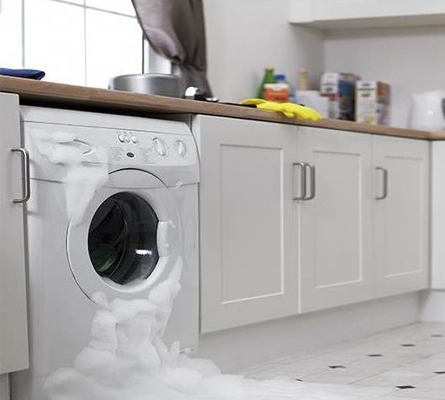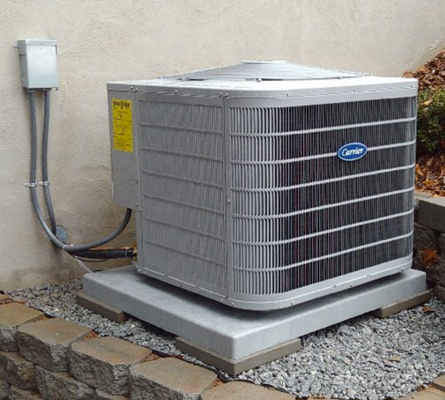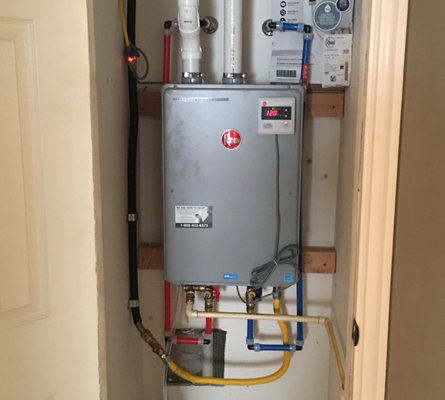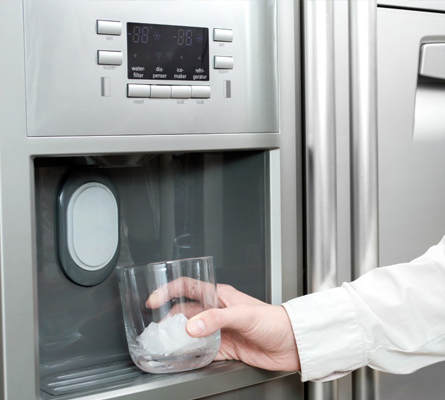Appliance Failure
Any appliance that holds water, like washing machines, ice machines, dishwashers, water heaters, and more, should be examined on an annual basis. If left unchecked, what might start as a slow leak or drip could eventually lead to a much bigger problem, potentially leading to mold infestation or household flooding, causing destruction and water damages in your home.

Washing Machine Overflow
Washing machine failures are one of the leading causes of water damage in a home. The primary cause of water damage from washing machines is with faulty or burst supply lines. Check them often and look for signs of failure, such as blisters in the hose, worn tubing and loose fittings. Washing machine supply lines are pressurized, so even a small leak can flood the house in minutes. Replace the supply lines every five years, even if there are no signs of deterioration on the outside. Some failures begin on the inside and may not be noticeable until it's too late. Always turn off the water valves to the washing machine if you will be away for a few days. Finally, be sure to follow the manufacturer’s instructions to reduce the risk of other types of washing machine related water damage. Never overload a machine, always use the type of detergent specifically designed for your machine, and only operate washing machines while someone is home.

Heating and Air Conditioner Failure
Make sure that your home’s Air Conditioner and heater units are serviced annually. Check the drip pan to make sure that it is not cracked and leaking. Change the filters regularly and rinse the unit a couple of times per year to keep it clean and free of debris. If not properly maintained, there is a potential for major water damage.
Find Your Local “Restoration Renegades” Today

Water Heater Failure
The chance of a water heater leak or burst begins to dramatically increase when the unit is five years and older, and 75% of all water heaters fail before they are 12 years old. At the onset of a leak, scalding hot water rushes out and floods the heater’s immediate surroundings. If prompt action isn't taken, the flooding can get out of control and water can intrude into other parts of the household. It is best to maintain and check your water heater periodically to minimize the potential of water heater overflow. Remove sediment by flushing the tank every six months, especially if your home has hard water.

Refrigerator and Ice Maker Failure
There are at least a few possible causes of your leaking refrigerator and ice maker, including: a clogged or frozen defrost drain; damaged or loose water lines; damaged water tank assembly and water filter housing; and a damaged or rusted drain pan. Any time that you have pressurized lines bringing water into an appliance, those supply lines should be checked on a regular basis. Make sure that all fittings are tightened and that there is no damage to the lines themselves.
Search for, and find, your preferred company now, based on zip code or "select service." Through Restoration Renegades, you will find the right company for you!



